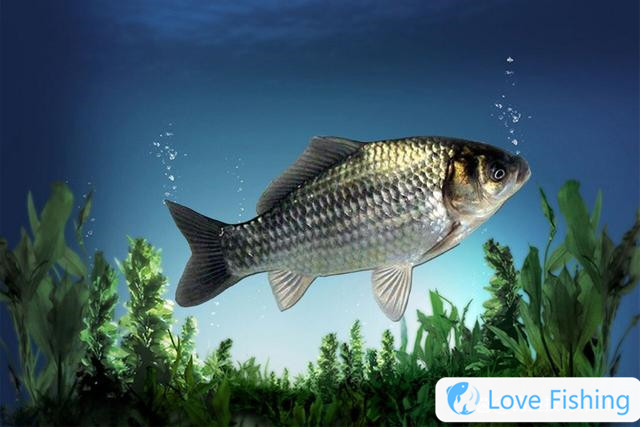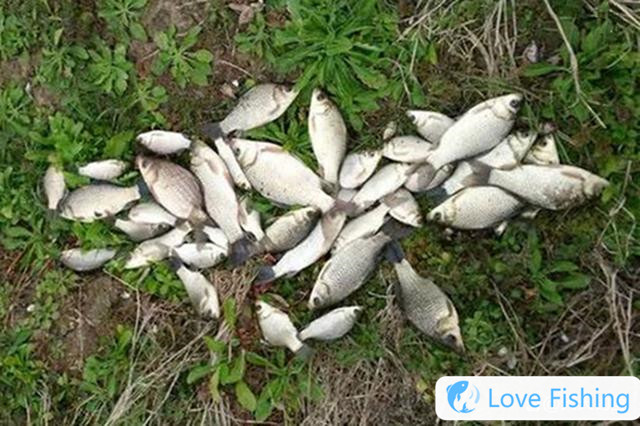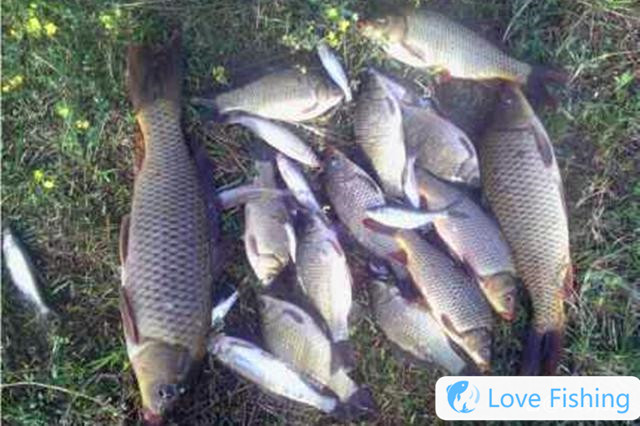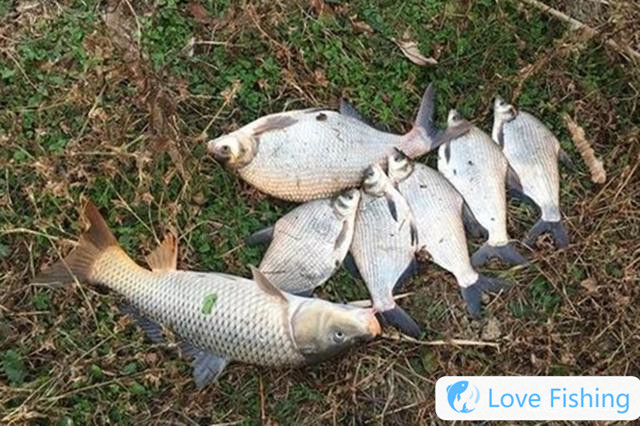Which Is Best For Wild Fishing, Taiwan Fishing Or Traditiona
Wild fishing refers to fishing in natural water bodies such as streams, rivers, lakes and reservoirs. It is characterized by complex water conditions and many types of fish, large individual differences and uneven distribution. Compared with pool fishing (fishing in breeding ponds), wild fishing is more interesting and challenging. Let’s take a look at which stand fishing or traditional fishing is the most suitable for wild fishing!
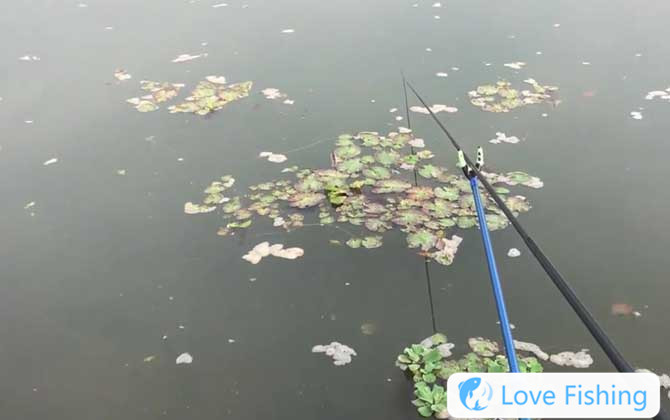
1. Definition of fishing method
Traditional fishing does not specifically refer to a certain fishing method, but is just to distinguish the name of Taiwan fishing. It generally refers to all other fishing techniques except Taiwan fishing and lure fishing. For example, long rod short-line fishing, grain wheat fishing, hand-line fishing, and wheel-car fishing are all traditional fishing. Taiwan fishing is actually the abbreviation of "Taiwan fishing techniques". It was spread from Taiwan to the mainland in the 1980s and soon became popular all over the country.
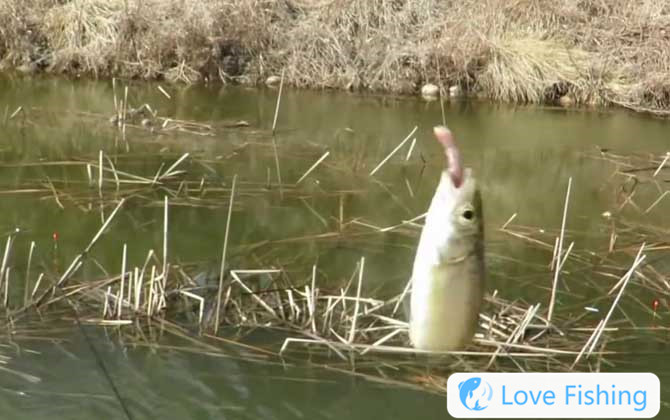
2. Discussion on pros and cons
Which one is most suitable for wild fishing, Taiwan fishing or traditional fishing cannot be generalized, mainly depends on factors such as terrain, water conditions, fish conditions, etc. For example, when the terrain of the fishing spot is simple, it is recommended to use platform fishing. When the terrain of the fishing spot is complicated, it is recommended to use platform fishing when the terrain of the fishing spot is simple, it is recommended to use platform fishing when the terrain of the fishing spot is complicated, it is recommended to use traditional fishing when the terrain of the fishing spot is small but the density is high, and when the terrain of the fishing spot is large but the density is small, it is recommended to use traditional fishing.
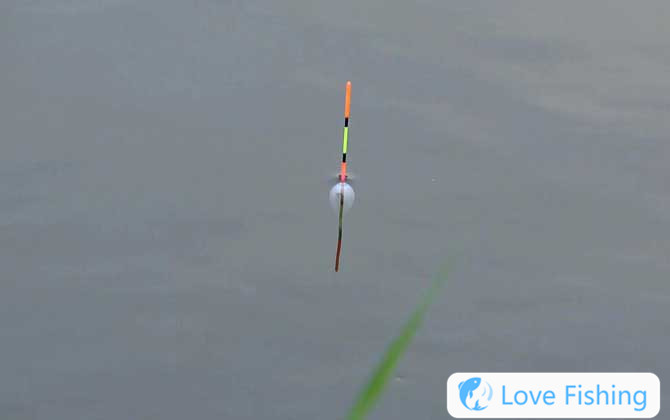
3. Comparison of fishing methods
1. Fishing ground: Traditional fishing has almost no requirements for fishing grounds. In fact, almost all fishing and water conditions have traditional fishing methods corresponding to them; Taiwanese fishing has relatively high requirements for fishing grounds, especially in fishing spots with complex environments, which often have great limitations.
2. Fishing gear: Traditional fishing does not require high requirements for fishing gear. One rod, one line, and one box of bait are almost all the items of traditional fishing; table fishing has relatively high requirements for fishing gear, and you must prepare a lot of fishing rods, line sets, rod racks, fishing chairs, bait plates, etc.
3. Adjust the float: Traditional fishing is generally a bottom fishing and blunt fishing (traditional fishing can also be used to fish floating and fishing), and its sensitivity may be slightly inferior to Taiwanese fishing; the biggest advantage of Taiwanese fishing is its high sensitivity, and any slight changes underwater can accurately reflect on the float.
4. Bad: Traditional fishing can be said to be a variety of baits, and the most commonly used are natural baits such as earthworms, red worms, corn, and wheat. Taiwanese fishing mainly uses commercial baits, and commonly used include field blue crucian carp, September 18, crazy fishing, snail carp, large plate crucian carp, etc.
5. Buying nests: Traditional fishing requires high requirements for baiting nests. Generally, they are going to be fished first and then fished. The more they fished, the fewer the fish in the nest. You can fish while tempted. Each time you throw bait, it can be considered as baiting nests. The more you fished, the more you fished, the more you fished.
6. Fishing: The traditional fishing rate may not be as good as Taiwan fishing, but the individual fish are often larger than Taiwan fishing. In many cases, as long as there are fish bites the hook, they are almost all big fish; the rate of fishing rate of Taiwan fishing is relatively high, but the largest number of fish are often small fish such as crucian carp and white bark.
Recommended Reading
About us| Privacy Policy| Contact Us
Copyright © 2023-2030 Copyright@Love Fishing
